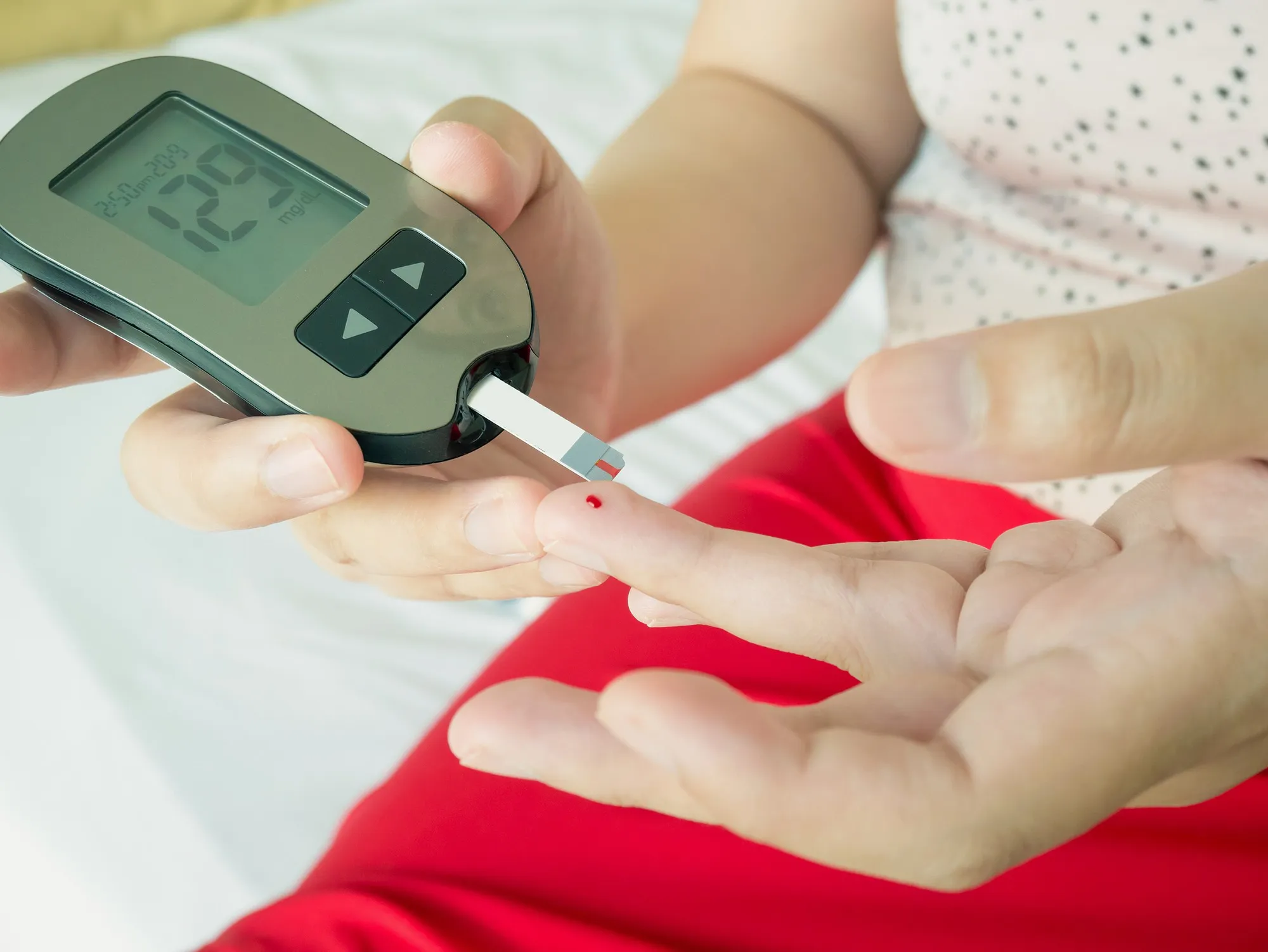The intricate relationship between diabetes mellitus (DM) and malignancies has been a topic of considerable scientific curiosity, as both health issues continue to afflict populations worldwide, creating significant challenges in healthcare management due to their high morbidity and mortality rates. A groundbreaking study published in the February 2024 issue of Clinical Nutrition ESPEN, the journal dedicated to the field of clinical nutrition and metabolism, offers new insights into this complex interplay. The research was headed by Sebiha Ozge Duman from the Istanbul University Oncology Institute and her multidisciplinary team, including Merve Kayali from Istanbul Metropolitan Municipality and IETT General Directorate and Dr. Nevin Dinccag from Istanbul University’s Department of Endocrinology and Metabolism.
Study Overview
The study aimed to delve into the existence of overt diabetes mellitus in individuals already diagnosed with malignancy, assess the influence of pre-diagnosis glucose control on these patients, explore the impact of DM duration and treatment options for cancer development, and examine the risk of new-onset diabetes in non-diabetic cancer patients post-treatment. By understanding these relationships, the research sought to enhance screening and treatment approaches for patients facing both diseases.
Population and Methodology
A cohort of 469 patients, aged between 26 and 70 years and diagnosed with various types of malignancy, was categorized into three distinct groups for this study. The first group (Group I) consisted of 97 patients with existing overt diabetes, either diagnosed before or concurrently with their cancer diagnosis. Group II encompassed 17 patients who developed DM during their cancer treatment, while the third group (Group III), which was the largest with 355 patients, included those without diabetes but with a malignancy diagnosis.
The study’s comprehensive approach included evaluating the patients’ medical records, body mass index (BMI) calculations, and monitoring their glucose metabolism throughout and after cancer treatments. This rigorous data collection ensured the accuracy and relevance of the study’s findings.
Significant Findings
The research unveiled several compelling results. Group I patients had the highest average BMI value (33.2 ± 6.7 kg/m^2), which signifies a potential link between obesity, diabetes, and cancer. This finding underlines the importance of weight management as a preventative measure against the development of these diseases. Additionally, the study stressed the need for regular glucose metabolism monitoring, especially since oncological treatments can precipitate the onset of DM.
The researchers indicated that individuals with diabetes should undergo appropriate screening programs considering the commonalities in risk factors for both cancer and diabetes. This proactive approach could facilitate earlier intervention, leading to better outcomes.
Implications and Conclusions
The study’s revelations suggest that clinicians should not disregard the potential for anticancer treatments to influence glucose metabolism. A patient-centric approach that regularly assesses and manages blood sugar levels during and after cancer therapy could prevent further complications.
Notably, the declaration of competing interests states that none were declared by the authors, supporting the integrity of the research.
Publication Details
The study is accessible through Clinical Nutrition ESPEN with the DOI link 10.1016/j.clnesp.2023.12.013. For comprehensive information, reference the article number S2405-4577(23)02232-5.
Keywords
1. Diabetes and Cancer Relationship
2. Oncological Treatments and Glucose Metabolism
3. Blood Sugar Management in Cancer
4. Glucose Control and Malignancy Risk
5. Anti-Cancer Drugs Diabetes Onset
References
1. Duman, S. O., Kayali, M. K., & Dinccag, N. (2024). A study on the relationship between malignancy and diabetes. Clinical Nutrition ESPEN, 59, 235-240. doi:10.1016/j.clnesp.2023.12.013
2. Warburg, O. (1956). On the origin of cancer cells. Science, 123(3191), 309-314.
3. Giovannucci, E., Harlan, D. M., Archer, M. C., Bergenstal, R. M., Gapstur, S. M., Habel, L. A., … Yee, D. (2010). Diabetes and cancer: a consensus report. Diabetes Care, 33(7), 1674-1685. doi:10.2337/dc10-0666
4. Barone, B. B., Yeh, H.-C., Snyder, C. F., Peairs, K. S., Stein, K. B., Derr, R. L., … Brancati, F. L. (2008). Long-term all-cause mortality in cancer patients with preexisting diabetes mellitus: a systematic review and meta-analysis. JAMA, 300(23), 2754-2764. doi:10.1001/jama.2008.824
5. Vigneri, P., Frasca, F., Sciacca, L., Pandini, G., & Vigneri, R. (2009). Diabetes and cancer. Endocrine-Related Cancer, 16(4), 1103-1123. doi:10.1677/ERC-09-0087
The interconnection between diabetes and malignancy is a complex issue that requires a nuanced understanding and a collaborative approach between healthcare providers. This latest study advances our knowledge of how these two serious health conditions influence each other and underscores the importance of integrated care strategies for patients dealing with both diabetes and cancer. As research in this field progresses, the findings from such studies are invaluable in shaping future healthcare guidelines and treatment protocols.
